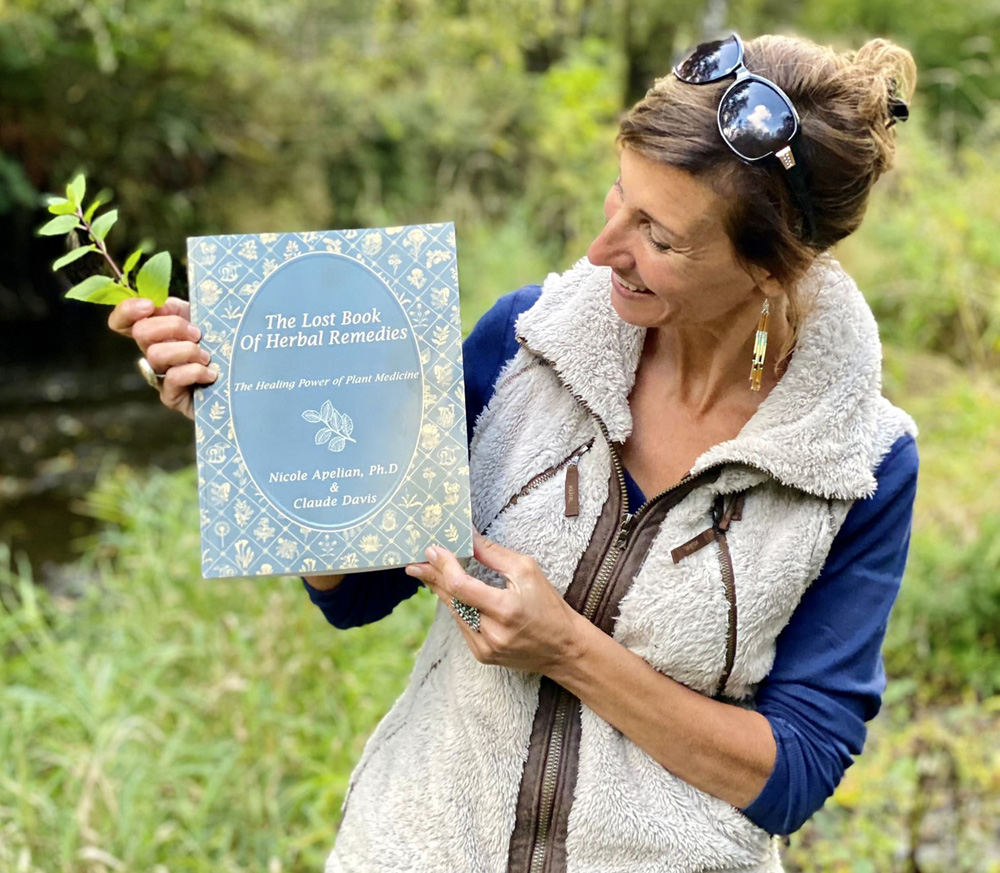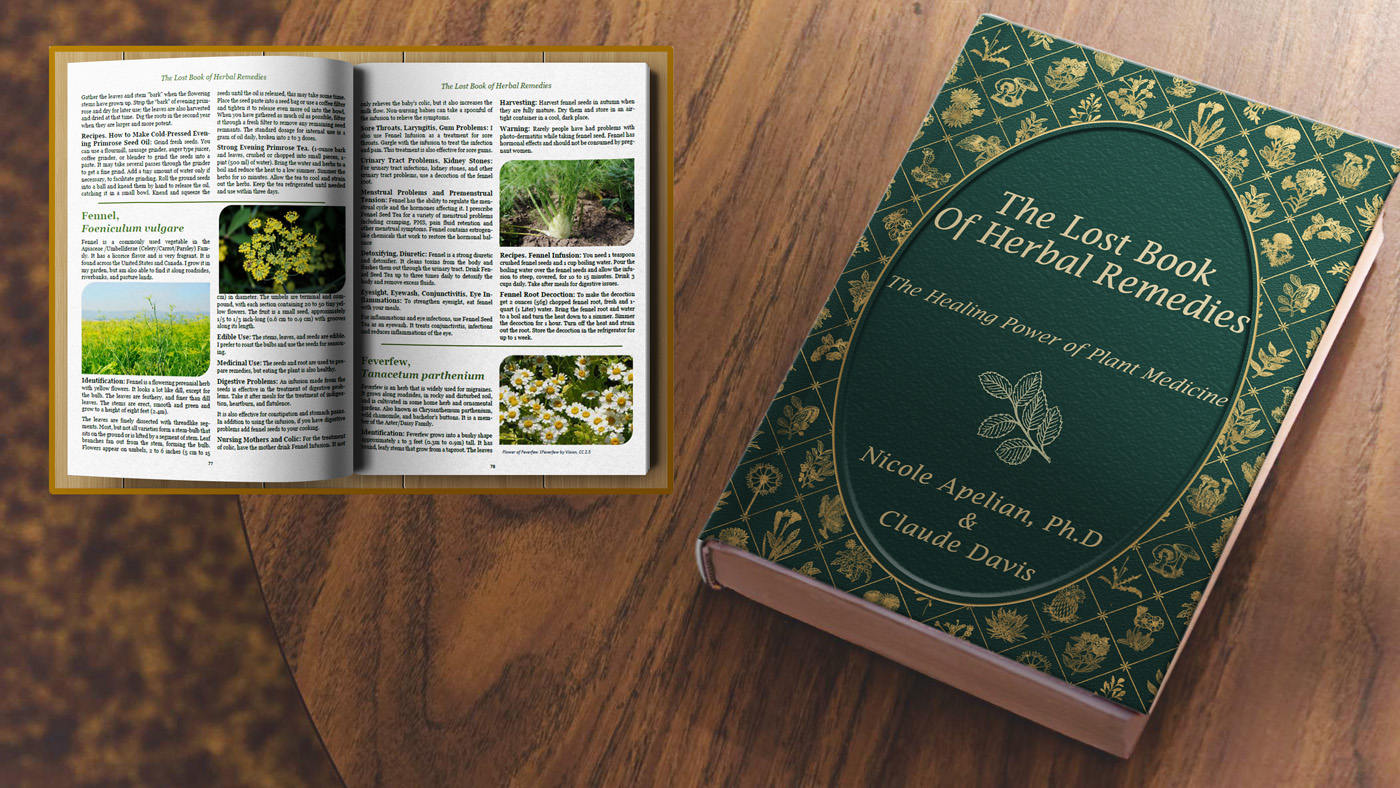Rhodiola: An All-Around Wonder Herb for Fat Loss, Energy, Brain Health, and More!
As an outstanding adaptogen, Rhodiola rosea helps you to navigate stress in a healthy way, boosts energy and athletic performance, addresses adrenal fatigue, and increases cognitive function. It is also an excellent medicinal herb for burning fat; treating post-traumatic stress disorder (PTSD), anxiety, and depression; and improving sexual health, libido, and fertility. For most, it can help to address a wide range of health complaints. However, rhodiola (otherwise known as golden root) is not recommended for those with an autoimmune disorder — more on this below.
Seeking an alternative adaptogen to rhodiola that’s safe for autoimmune conditions?
Visit the apothecary to learn more about our potent cordyceps, reishi,
and turkey tail mushroom tinctures.
Basic Identification
Growing from 4 to 15 inches (10 cm to 37.5 cm) tall, the stems are erect and have succulent leaves. Interestingly, the plant has a waxy coating that helps it to conserve water. With a subtle bluish tint, the leaves are smooth and flat. The greenish-yellow to yellow flowers bloom in July to August and have four sepals and four petals.
Where Does It Grow? Rhodiola tends to be difficult to find as it likes out of the way places such as sea cliffs and high elevations in Asia, Europe, and Northeastern America. It thrives in cold weather and often grows along exposed river and stream banks, on rocky shelves, and in snow beds.
Harvesting
The best time to harvest rhodiola is when the plant is dying back after the first frost in autumn. Seek well-established, older plants with large roots as these have the most medicinal value. Thinly slice the root, then dry for storage. They will turn light brown, which is fine — it won’t impact the potency. When stored within a paper bag in a cool, dry, and dark location, it will last for up to three years.
Edible Uses
While the older plants are slightly bitter, the young leaves and shoots are good when eaten raw or cooked as a vegetable. The stems make a good asparagus substitute when steamed. The roots are delicious and can be eaten raw, cooked or fermented and enjoyed like sauerkraut.
Medicinal Uses
If you are struggling with hormonal imbalance, fatigue, a mood disorder, or cognitive dysfunction, rhodiola is a powerful remedy. Because of this, it is best to start slowly and begin with a low dose and increase only when needed. Make sure to read the safety section concerning autoimmune disorders.
Here are my top 3 uses for rhodiola:
Burning fat and weight loss. Studies have shown that rhodiola helps to burn fat more efficiently due to the compound rosavin, which activates a fat-burning response. The herb also normalizes cortisol levels and may assist with curbing cravings for unhealthy foods. What’s more, rhodiola supports the breakdown of belly fat due to a specific enzyme called hormone-sensitive lipase.1
Improved cognitive function, memory, and mood. Often used to increase clarity, memory, and overall mental capacity, rhodiola is also helpful for improving mood, calming anxiety, and reducing mental fatigue.3 Due to these actions, it soothes the nervous system and supports general relaxation. Additionally, it has been found to be neuroprotective and may be useful for neurodegenerative diseases.2 For those with anxiety, it can be a lifesaver as it helps you to think clearly and boosts mood. While it is not suitable for those with manic episodes or people who are taking antidepressants or SSRIs, for others it is often considered a cure.
Increased energy, heightened physical endurance, and healing adrenal fatigue. Famously known to assist with boosting athletic performance and stamina, rhodiola encourages better oxygen utilization and recovery.4 It helps you to push harder without feeling the effects of physical stress. As an adaptogen, it reduces fatigue and improves energy. Rhodiola also assists with healing the underlying imbalance that causes adrenal fatigue in a similar matter as Reishi.
Deepen Your Knowledge of Herbal Medicines
But that’s not all. There are over 9 medicinal uses for rhodiola in my book, The Lost Book of Herbal Remedies: The Healing Power of Plant Medicine. Detailed harvesting advice for this herb and many other easy to find plants are included. What’s more, it shows you how to make healing tinctures, decoctions, infusions, salves, and more right in your own home. Nature does indeed provide!
Nicole Apelian
Nicole’s Apothecary Products in this Post
Safety
Do not use rhodiola if you have an autoimmune disorder as it can cause a flare. Do not use it if you have bipolar or manic episodes or use SSRI medication. Avoid using it if taking thyroid medications as it can cause an interaction. Consult with your healthcare professional if taking anticoagulants or ACE inhibitors. Rhodiola is best taken in the morning due to the stimulating effects.
References
-
Verpeut, J. L., Walters, A. L., & Bello, N. T. (2013). Citrus aurantium and Rhodiola rosea in combination reduce visceral white adipose tissue and increase hypothalamic norepinephrine in a rat model of diet-induced obesity. Nutrition research (New York, N.Y.), 33(6), 503–512. https://doi.org/10.1016/j.nutres.2013.04.001
-
Nabavi, S. F., Braidy, N., Orhan, I. E., Badiee, A., Daglia, M., & Nabavi, S. M. (2016). Rhodiola rosea L. and Alzheimer’s Disease: From Farm to Pharmacy. Phytotherapy research : PTR, 30(4), 532–539. https://doi.org/10.1002/ptr.5569
-
Cropley, M., Banks, A. P., & Boyle, J. (2015). The Effects of Rhodiola rosea L. Extract on Anxiety, Stress, Cognition and Other Mood Symptoms. Phytotherapy research : PTR, 29(12), 1934–1939. https://doi.org/10.1002/ptr.5486
-
Todorova, V., Ivanov, K., Delattre, C., Nalbantova, V., Karcheva-Bahchevanska, D., & Ivanova, S. (2021). Plant Adaptogens-History and Future Perspectives. Nutrients, 13(8), 2861. https://doi.org/10.3390/nu13082861






